CONTRIBUTORS AND EDITORS
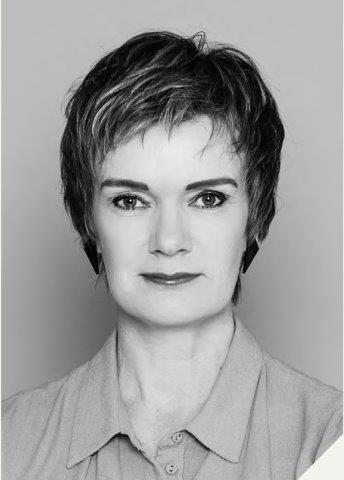
is a professor of social health care at the School of Governance, Law and Society of Tallinn University, a member of the board of the Estonian-Swedish Mental Health and Suicidology Institute (ERSI) and a member of the council of the Estonian Mental Health and Well-being Coalition (VATEK). Her main areas of research are the social determinants of mental health and well-being, the prevention of suicidal behaviours from a public health perspective, and the evaluation of prevention programmes that support mental health.
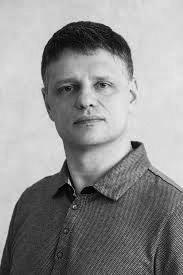
is a senior researcher at the National Institute for Health Development and an associate professor of personality and social psychology at the University of Tartu. His main research topics are health behaviour and its connections with health and well-being, the epidemiology of mental health, and personality psychology.

is an associate professor of health promotion at the Institute of Family Medicine and Public Health of the University of Tartu. She has extensive researching and teaching experience in the field of public health. Her main research topics are the epidemiology of risk behaviour and evidence-based prevention using artificial intelligence and personalised medicine as well as novel technological approaches.
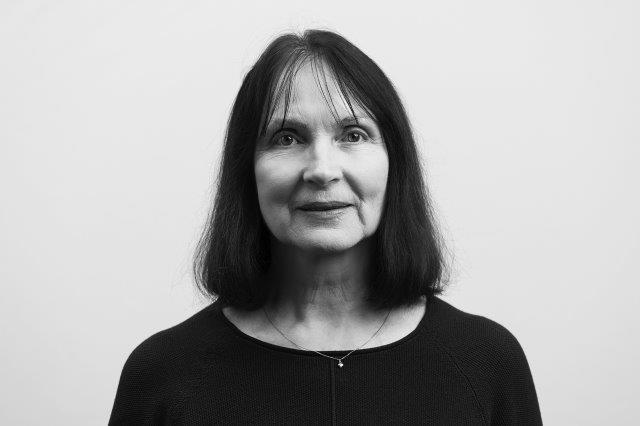
is an associate professor of social policy at the University of Tartu. As a board member of the International Society for Child Indicators (ISCI) and the head of the International Survey of Children’s Well-Being (ISCWeB) working group in Estonia, she focuses on conceptualising children’s subjective well-being and publicising the results. She was a part of the cohesion working group for the Estonian Education Strategy 2021–2035 and advocated for the relationship-based well-being of students and teachers alongside academic performance.
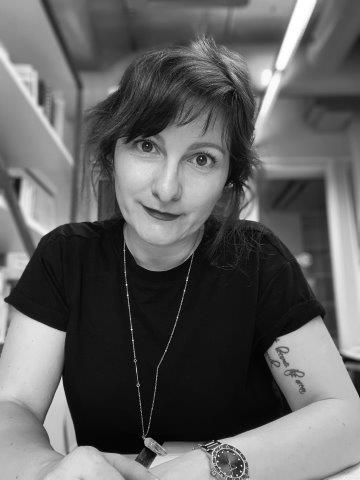
is a social media researcher and a professor of participatory culture at the Baltic Film, Media and Arts School of Tallinn University. She has published several books on the use and cultures of social media. Katrin is currently finishing research projects focused on online political participation and the platformisation of Nordic sexual cultures and starting a new project on trust in digital visual communication.

is the vice-rector of green transition at the Tallinn University of Technology and a senior researcher at Tallinn University. Her main research areas concern people-centred planning of the living environment. Helen was the editor-in-chief of the Estonian Human Development Report 2019/2020. She has worked as a professor of environmental management and the vice-rector of sustainable development at Tallinn University. She is a co-editor of the collection Whose Green City? published by Springer in 2022.
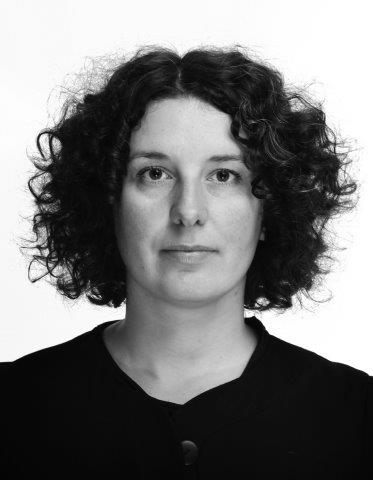
is a researcher at the Estonian Institute for Population Studies of Tallinn University, the Finnish Population Research Institute and the University of Turku. At Tallinn University, her main research topics are the processes characterising the Estonian population, such as the ageing of the population, changes in living arrangements and intergenerational relationships, as well as health and demographic developments relating to the immigrant population.
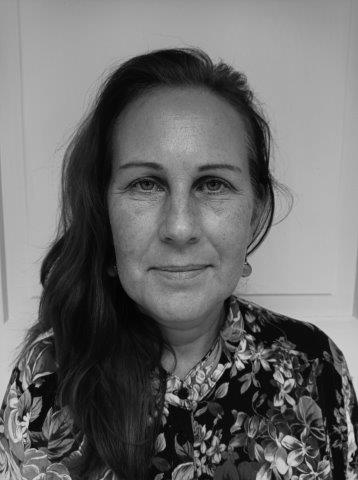
has an MSc in geography from the University of Tartu and a PhD in social sciences from the University of Turku. She is an associate professor of sociology and social policy at the University of Tartu. Her main research interests are related to adult well-being, population studies and population policy. She was the coordinator for the European Social Survey in Estonia for almost 20 years and has authored more than 200 research publications.

is a clinical psychologist and psychotherapist and an associate professor of clinical psychology at the University of Tartu. Her research focuses on evaluating the interaction of genes and the environment in the development of psychiatric disorders, as well as the underlying mechanisms of eating disorders, the role of personality traits and emotion regulation difficulties in psychopathology. She is involved in the development and adaptation of measurement tools for mental health assessment, leads the training of clinical psychologists and is an active participant in professional associations.
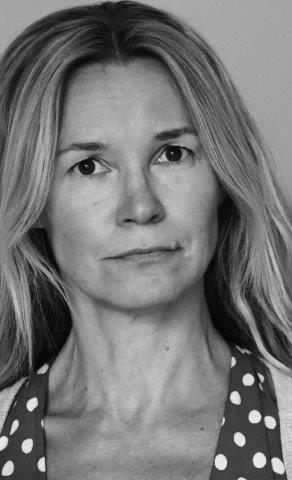
is an associate professor at the University of Tartu and a senior researcher at Tallinn University. She has published research articles on the connections of post-socialist fragmentation and dispossession with development projects, the institutionalisation of heritage culture, migration and climate protests. Her current research topics include the emergence of climate socialities and dispossession related to the environmental crisis and the future. Aet compiled the first Estonian anthropology textbook and has written on social scientific and environmental issues in the Estonian media.
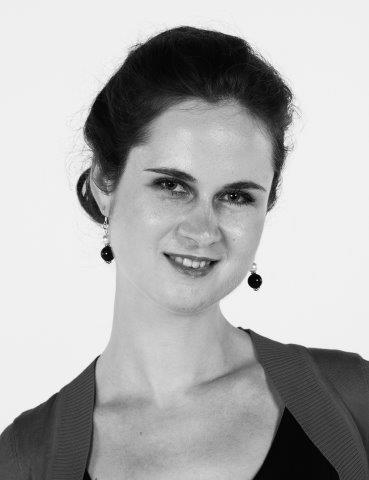
is an associate professor of empirical sociology at the Institute of Social Sciences of the University of Tartu. Her main research interests are related to youth: child and youth participation, well-being and vulnerability, social capital and values. Currently, her research focuses on the vulnerability of children and young people. She has been the president of the Estonian Association of Sociologists since 2018.

is an urban researcher and the head of policy and analysis at the Spatial Planning Department of the Ministry of Finance. She worked for many years as a researcher at Aalto University and the programme director of landscape architecture at the Tallinn University of Technology. Her research focuses on the possibilities of utilising forecasts and scenarios in planning and visioning. She has studied the impact of new technologies on the urban environment, mobility and the shrinking of the living environment.
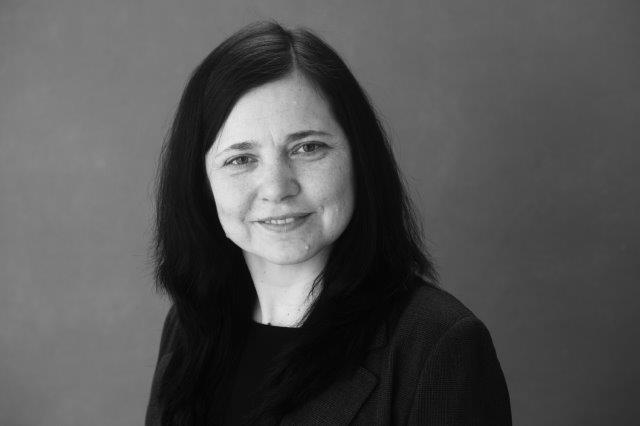
Liina Haring has worked as a psychiatrist at the Psychiatry Clinic of Tartu University Hospital since 2005. Since 2019 she has been a senior research fellow and then an associate professor of psychiatry at the Psychiatry Clinic of the Institute of Clinical Medicine of the University of Tartu. Her main areas of research are the profiling of metabolic and inflammatory markers related to schizophrenia spectrum disorders and their treatment, and evaluating the behaviours associated with mental disorders and expanding the evaluation possibilities.
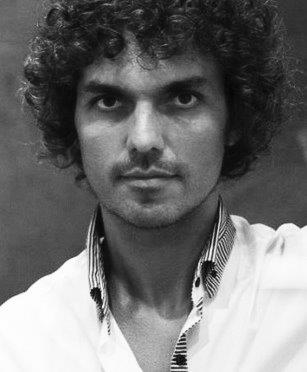
is a visiting researcher at the University of Helsinki and the Finnish Institute of Health and Welfare (THL) (since 2021) and a professor of institutional economics at the Tallinn University of Technology (since 2014). He led the Horizon 2020 projects ‘Institutions for Knowledge Intensive Development’ (2017–2021) and ‘Individual Behaviour and Economic Performance’ (2020–2023). His research topics include economic behaviour in an institutional context, work organisation and mental health.
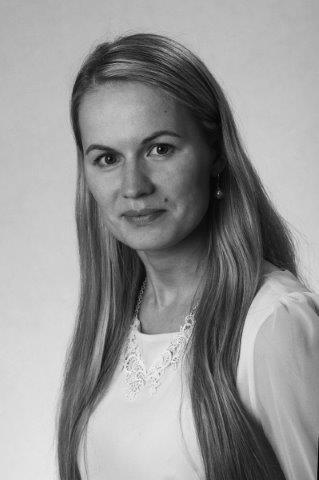
is a lecturer of educational technology at the School of Educational Sciences of Tallinn University and an educational technologist at Sutlema-Aespa Kindergarten. Her research areas are children’s digital play and media education, as well as the digital competences of learners and teachers.

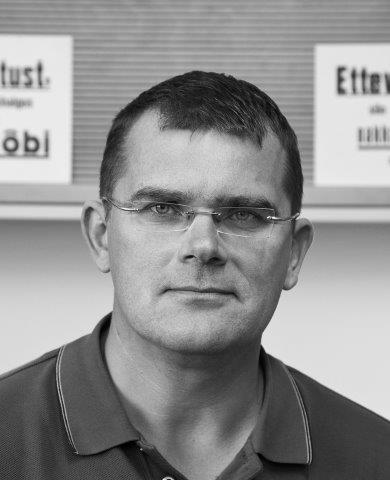

is a professor of sociology at the University of Tartu. Her research interests are related to generations, socialisation, education, values, media and time use, and social changes, including mediatisation and datafication. Currently, she is focused on international projects on the digital competence of children and young people, and the internet use of the different generations. She is also a member of the research network EU Kids Online and head of the Estonian working group.
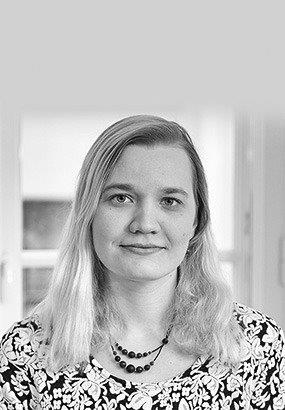
is a researcher at the Estonian Center for Applied Research CentAR and a junior research fellow in economic modelling at the University of Tartu. She is also pursuing a PhD in economics at the University of Tartu. Her main research topics are regional labour markets and the assimilation of immigrants in the destination country’s labour market.
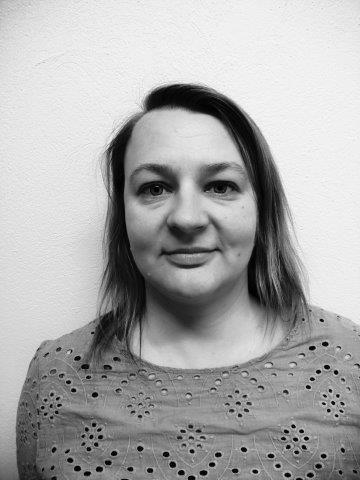
is a lecturer of sociology at the Institute of Social Studies of the University of Tartu. She has a PhD in sociology from the University of Tartu. Her research areas are inequality in the labour market, gender inequality, inequality in health and access to healthcare. Ave teaches subjects related to data analysis and social stratification at the Institute of Social Studies of the University of Tartu.
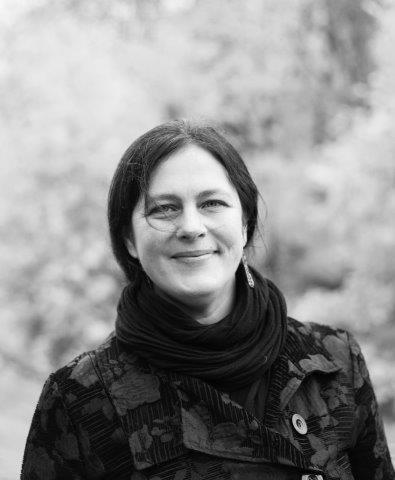
is a professor of experimental psychology at the University of Tartu. Her main area of research is human pre-attentive information processing and its dependence on various conditions and states. In recent years, she has included environment and mental health in her research, and since 2020 she has been a research ethics adviser in social sciences at the University of Tartu..
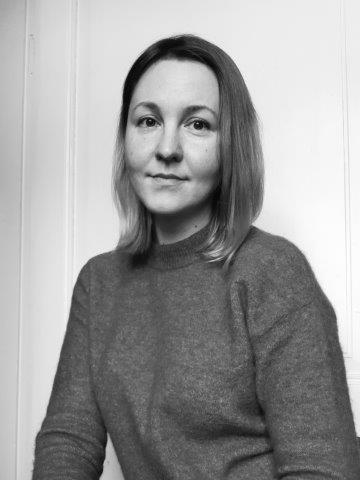

is a research fellow of psychiatric genomics at the Institute of Genomics of the University of Tartu. Her current main research topics are the relationship between the predisposition to psychiatric disorders and the progression of COVID-19, and the genetic investigation of psychiatric and cardiovascular comorbidity.
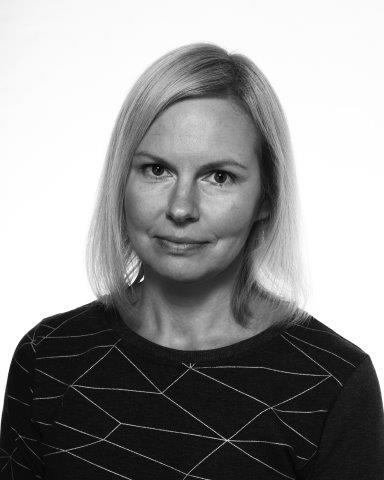

is an associate professor of neuropsychiatric genetics at the Institute of Genomics of the University of Tartu and the head of the research group of neuropsychiatric genomics. Her research group focuses on exploring the genetic and environmental risk factors for neuropsychiatric disorders and the mechanisms underlying the comorbidity between psychiatric disorders and somatic diseases, using various methods of genetic epidemiology.
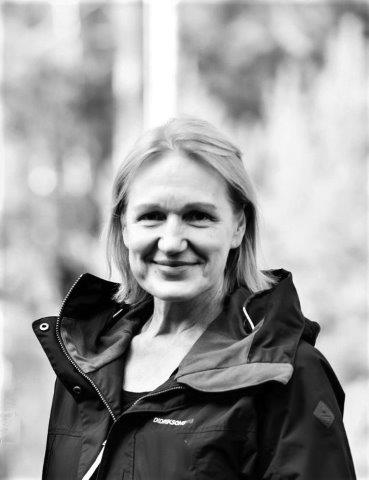
is a research professor at the National Institute for Health Development and an associate professor of public health sciences at Södertörn University (Stockholm, Sweden). Her main research areas are health, public health science and social epidemiology. She has studied socioeconomic and psychosocial life course determinants of population health, health inequalities and the impact of societal changes on health. She has published nearly 100 internationally peer-reviewed research papers.
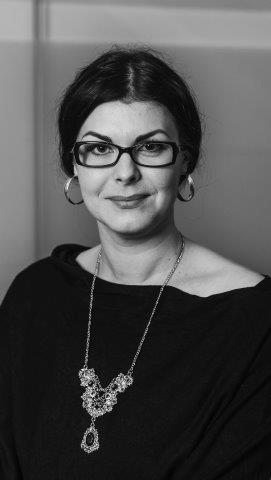
is an associate professor of media studies at the Institute of Social Studies of the University of Tartu. Her research is focused on communication and digital culture on digital platforms, in other words, how people behave, exchange information, and pay attention online, especially on social media. In addition to her role as a researcher, Maria is a lecturer who values creative approaches and has also received the teacher-of-the-year award for higher education.

is an associate professor of psychosocial work at Tallinn University. Previously, she was a researcher and lecturer at British and Australian universities. Her research focuses on psychosocial development in adulthood in relation to life course transitions, primarily in the context of balancing work and family life, and migration. As a psychologist, Mariann works with children and families.
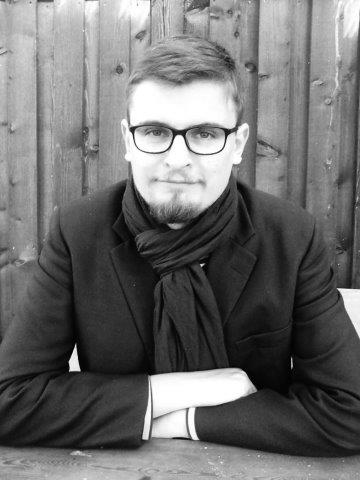
is a research fellow studying social well-being at the Institute of Social Studies of the University of Tartu, where he teaches courses about well-being and measuring it, and the approaches to social well-being. He also conducts research on the following topics: social indicators, country comparisons, quality of life, happiness and well-being, mental health, child well-being and vulnerability, the quality of interpersonal relationships and violence.

is a junior research fellow of communication and media studies at the University of Tartu. Her research is related to the mediatisation of parenting and childhood, particularly tracking technologies used in the family. Marit is a participant in two Horizon 2020 projects (‘Youth Skills’ and ‘Children Online: Research and Evidence’) and is a member of the EU Kids Online network.

is a scientific secretary and lead researcher at the National Institute of Health Development. Her main area of research is public health science, specifically, nutrition and related health risks. She studied medicine at the University of Tartu, continued with her master’s and doctoral studies at the University of Bergen in Norway, and then worked as a visiting research scholar at the University of Oxford and the University of Oslo. She has been working at the National Institute for Health Development since 2009.

is a researcher at the National Institute for Health Development. Over the decades, she has conducted research on many topics: the physical development and teaching of preschoolers and youth, physical fitness, and population health survey methodologies. She has lent her expertise to projects about physical education curriculums, health behaviour in young people, and physical activity. Since 2018, Leila has been a principal investigator of the Estonian board of the HBSC (Health Behaviour in School-aged Children) study.

is a professor of environmental health at the University of Tartu and a visiting fellow at Umeå University. His main research area is the health impact of the external environment. He focuses on outdoor and indoor air pollution, extreme weather conditions and climate change, noise and the health impacts of the oil shale sector. He has led numerous research and development projects, which have had a significant role in raising public awareness about the health effects of the environment.

is an associate professor of the sociology of sustainability at the Institute of Social Sciences of the University of Tartu. Her research topics include social and regional inequality in environmental health effects and the sustainable development of socio-technical systems. She has been the Estonian coordinator in several international disaster vulnerability projects and has created experimental developments for government agencies. She was a post-doctoral researcher in the health and environment research group at Umeå University.
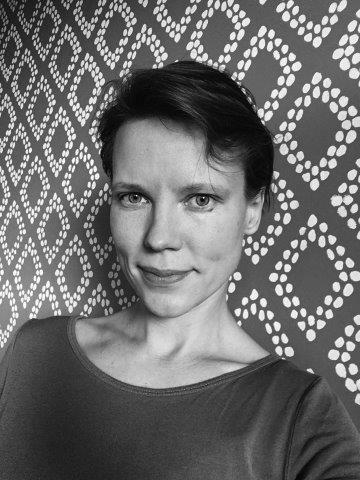

is an analyst at the Research Centre of the National Health Development Institute. She has an MSc in teaching biology from the University of Tartu and has participated in several studies in the field of public health science, general education and educational technology. Currently, she is the senior researcher of the Health Behaviour in School-aged Children (HBSC) study in Estonia.
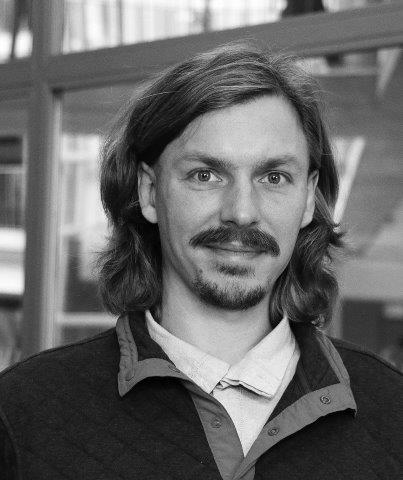
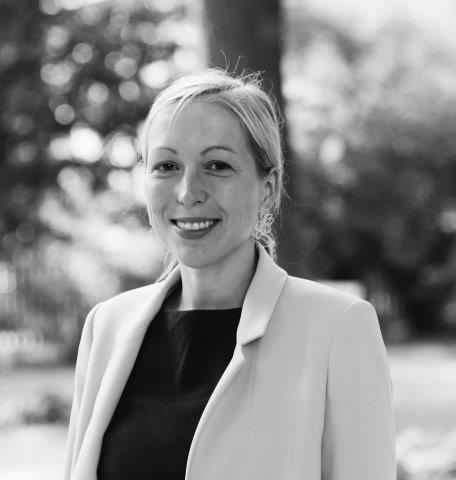
is a senior researcher of environmental sociology at Tallinn University and a lecturer of qualitative research at the University of Tartu. Her research involves human geography and political ecology and focuses on spatial inequalities and environmental justice, including environmental and climate activism.

has been a member of the Peaasi.ee team for nearly 10 years, conducting mental health research and educational activities. She has an MA in semiotics and culture studies and is currently pursuing a PhD and working as a junior research fellow in sociology at the University of Tartu, focusing on the attitudes towards mental health, psychiatric disorders and help-seeking.
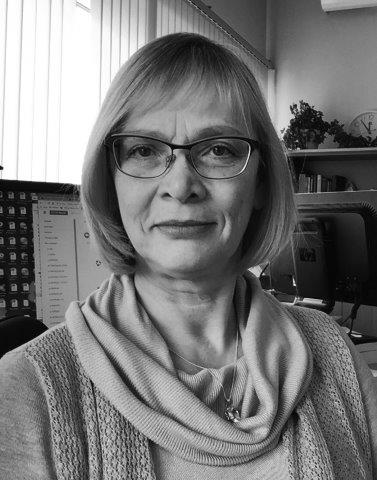
is a senior lecturer at the School of Business and Governance of the Tallinn University of Technology and programme director of the human resource management MA programme. She teaches work and organisational psychology. Her research involves the quality of the working environment, supporting the mental health of employees and the quality of management/leadership. She is a member of the Estonian Work and Organizational Psychology Association and, since 2019, has been a member of the COPSOQ international network.
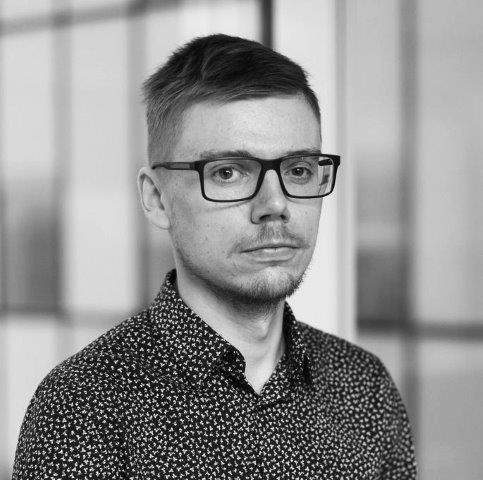
is a certified clinical neuropsychologist and has a PhD in psychology. Most of his professional life has been devoted to clinical work. He has also engaged in academic work and research and development in both the public and private sectors. His interests include the mental health and well-being of older people, cognitive disorders, treatment-resistant mental disorders and non-invasive brain stimulation.

is a senior lecturer and programme director at the Department of Economics and Finance of the Tallinn University of Technology. She has a PhD from the European University Institute and an MSc from the University of Oxford. Her main research areas are social inequality, time-use studies, the relationships between health and economic behaviour, education, child and youth well-being, public economics, and economic policy.

is a senior researcher in the Department of Epidemiology and Biostatistics at the National Institute for Health Development. He conducts research in the field of social epidemiology, focusing on the relationship between health determinants and outcomes, and has dealt with the topics of inequality, health behaviour, quality of life and mental health. Rainer has also worked on survey methodology and data quality and leads the survey of Health Behaviour among Estonian Adult Population.

is a social anthropologist whose field of research is the Estonian environmental movement. In early 2022, she got her MA from the Department of Ethnology of the University of Tartu. Her MA thesis focuses on the efforts of Estonian climate activists to communicate the messages of climate science and the consequences of climate change in the Estonian context. Mirjam currently works in the field of migration.
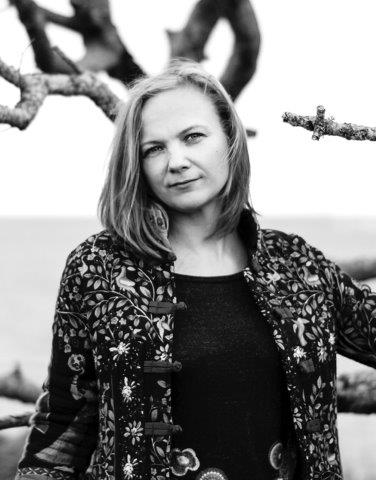
is a PhD student and a junior researcher at Baltic Film, Media and Arts School of Tallinn University. In her dissertation, she studies witches, healers and other spiritual specialists on Facebook and the people who turn to them. Berit’s most recent research interests are related to alternative health beliefs and practices and their social mediatisation.


is a PhD student in demography at Tallinn University and a junior researcher at the School of Governance, Law and Society. Before moving to research, he was a civil servant and a lecturer at the Estonian Academy of Security Sciences. His research at Tallinn University has thus far focused on the relationship between the economic circumstances and well-being of people over 50 from the life course perspective.

has an MSc in psychology and a PhD in sociology. He has worked as a lecturer and researcher in sociology at the University of Tartu and as a project manager at the Estonian Social Science Data Archives and the Estonian Youth Institute. Since 2019, he has been an associate professor of youth studies at the University of Tartu Narva College. His main research topics include the shaping of attitudes and values, and social representations..

is a research professor of demography at the Estonian Institute for Population Studies of the School of Governance, Law and Society of Tallinn University. Her research topics focus on population ageing, health, family formation processes and behaviour patterns of immigrant populations. Luule brought SHARE (the Survey of Health, Ageing and Retirement in Europe) to Estonia for the fourth wave of the international survey in 2010 and has been its research coordinator ever since.
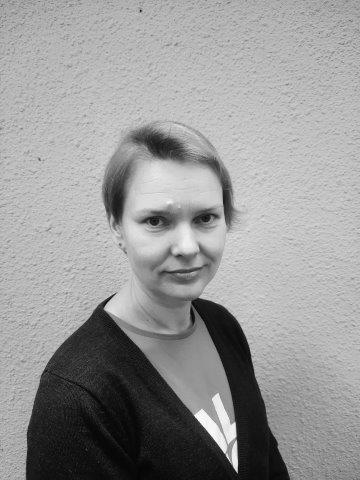
is a post-doctoral researcher at the Tallinn University of Technology Tartu College and also works as a landscape architect and an urban planner. Her research interests include planning age-friendly communities, urban ageing, healthy communities, accessibility, gentrification and placemaking. She has a PhD in urban and regional planning from Michigan State University. Her dissertation focused on contemporary concepts in urban planning.
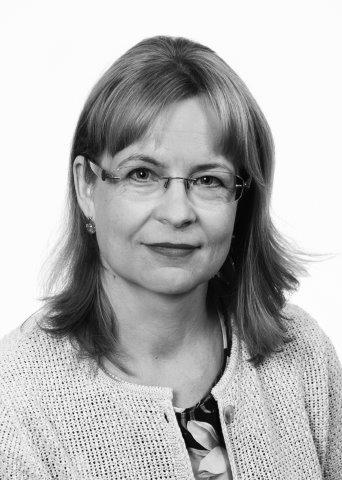
defended her dissertation in psychology on the subject of mindfulness at Tallinn University in 2014. She works as an associate professor of pedagogical counselling at the School of Educational Sciences of Tallinn University. Her research areas are mindfulness, digital addiction, digital mindfulness and pedagogical counselling.


is a professor of media studies and programme director of the media and communication PhD programme at the University of Tartu. Her main research interests are related to the use of digital technologies, datafied society and privacy. Andra is the general secretary at the European Communication Research and Education Association (ECREA) and since 2021 has been a member of the film, media and visual studies section of Academia Europaea.

has a BA in educational sciences and an MA in studies of social pedagogics and child protection from Tallinn University. She has a leisure-time manager-teacher diploma from University of Tartu Viljandi Culture Academy. Her areas of interest are child participation, inclusive education, digital parenting and making agreements in the family. She works as a project manager at the Estonian Union of Child Welfare, where she coordinates projects concerning children’s rights

is an associate professor of social work at the School of Governance, Law and Society of Tallinn University. Her research focuses on the changing concept of the child in substitute care and systemic developments in the organisation of substitute care. She is interested in topics related to ensuring the rights and well-being of children separated from their families and the possibilities of supporting their social connection and status.
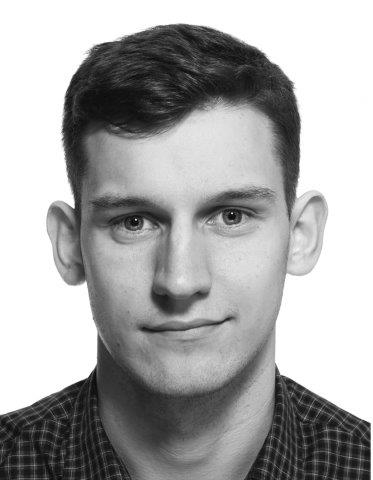
is a PhD student in health behaviour and well-being at the School of Natural Sciences and Health of Tallinn University. His research focuses on the relationships between technology and health behaviour – his dissertation explores discourses on social media addiction in Estonia. Rasmus has worked as a public relations adviser, communications manager and adviser. Currently, he is the daily editor for Channel TV3’s news programme Seitsmesed uudised.

is a junior lecturer of social policy at the University of Tartu. Her main research topics are the well-being of children and families, gender-based violence and child abuse. She has contributed to international surveys of children’s subjective well-being (ISCWeB, Children’s Worlds) and participates in research projects mapping young people’s internet use (EU Kids Online) and digital competences (ySKILLS).
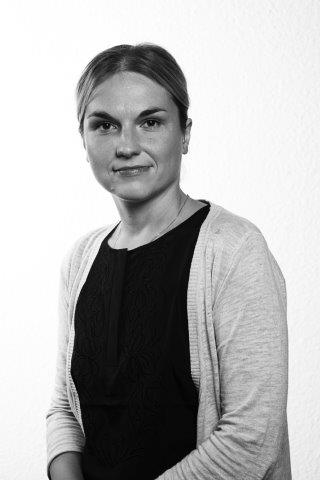
is a researcher in the Children and Youth Unit at the National Institute for Health Development. She has a PhD in social work, and her research is related to the development of a prevention system in Estonia. In addition to her daily work, she teaches and supervises students at universities in Tallinn and Tartu. She is also a member of the European Society for Prevention Research and a reviewer for the Journal of Prevention..
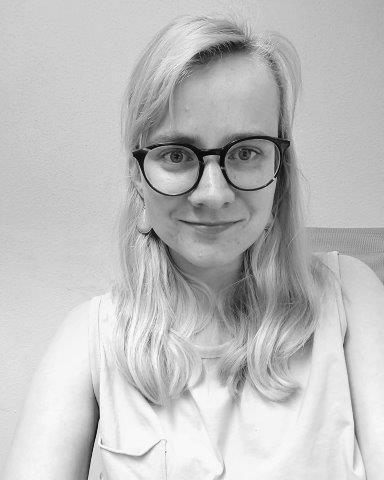
is a visiting researcher at the National Institute for Health Development. Her main research areas include emotion regulation and health behaviour and their connections with mental health problems. For her PhD, Hedvig studied the underlying mechanisms and nature of emotional eating. Her area of interest is the psychology of eating, i.e. dysregulated eating behaviour and eating disorders.

is a researcher at the Estonian Institute for Population Studies of Tallinn University, an educational gerontologist and a project manager of SHARE Estonia. She has developed tools for intergenerational cooperation, including e-skill instruction methodology for non-professionals and phone befriending service resources. Tiina is the co-author of Gerontoloogia õpik (Textbook of Gerontology), Vabatahtliku seltsilise käsiraamat (Voluntary Companion’s Handbook) and the Third International Handbook of Lifelong Learning. The Health Promotion Association awarded Tiina the honorary title Health Friend of the Year 2021..

is an assistant professor at the Faculty of Spatial Sciences of the University of Groningen. Her main research topics are inclusive planning and governance and the role of local-level initiatives and activism in creating resilient places. She also studies the sustainable development of rural areas, focusing primarily on the spatial design practices of young people, as well as well-being and civic participation.
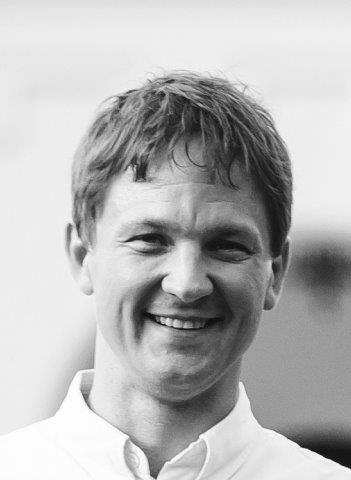
is a visiting researcher at the National Institute for Health Development and the project manager of the Estonian National Mental Health Study (2020–2022). He has previously worked in the field of personal medicine, health technologies and mental health in both the public and private sectors. In his research, Jaan has studied the neuropsychology of human decision-making, focusing on the brain’s mechanisms of risk-taking behaviour and complex decisions.
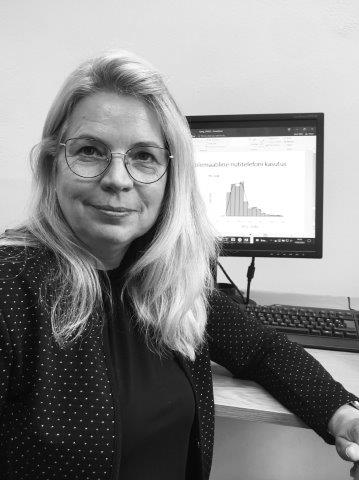
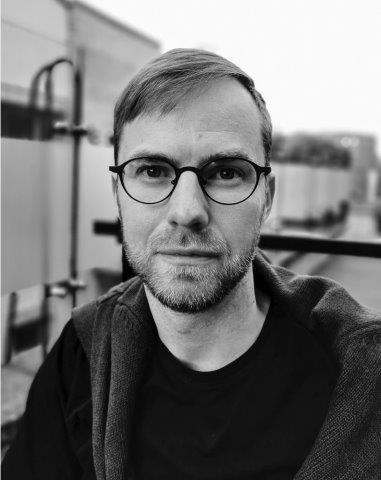
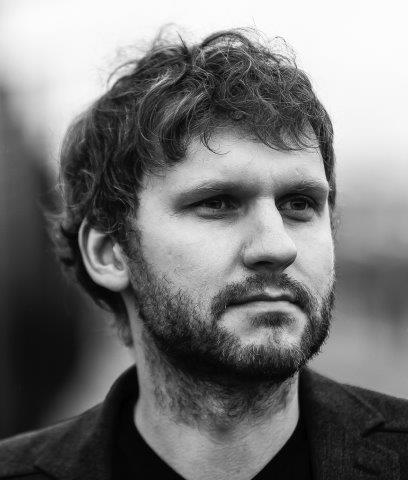
is an associate professor of affective psychology at the University of Tartu. He studies and teaches the mechanisms that regulate human behaviour, such as emotions, motivation and self-control. Andero also designs affective psychological interventions. He defended his dissertation in psychology at the University of Tartu and worked as a post-doctoral researcher at the Psychophysiology Laboratory of Stanford University.
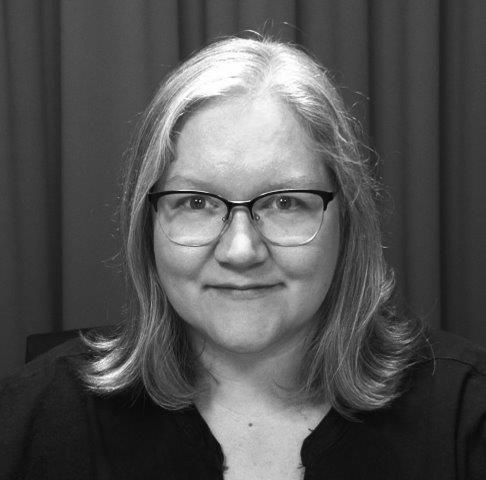
is a lecturer and programme administrator of environmental management at Tallinn University. She has a PhD in ecology, and her current research interests involve the interactions between humans and the environment in the context of urban ecology, environmental awareness and more broadly. Currently, she is interested in resilience and sustainability, including the sustainable management of soils.
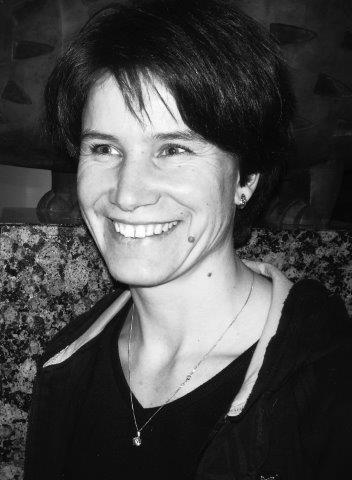
has been the vice-rector of academic affairs at the University of Tartu since 2018. Previously, she worked as the head of the analysis department at the Ministry of Education and Research, the national project manager of the international adult skills survey PIAAC, the director of the Open University at the University of Tartu and a (senior) researcher at various institutions. She has researched ethnic identity and ethnic relations, skills and education and taught cross-cultural psychology.
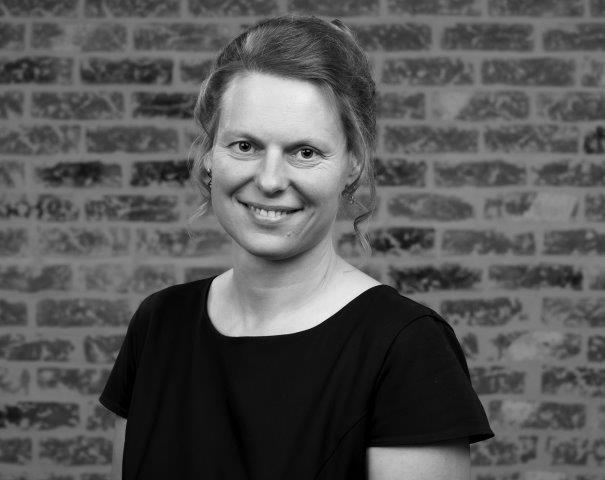

is the administrator and a senior researcher in the Department of Drug and Infectious Diseases Epidemiology at the National Institute for Health Development. Her main research topic is drug use, including among schoolchildren and various at-risk groups, such as people who inject drugs. Within the epidemiology of infectious diseases, she focuses on infectious diseases related to risk behaviour, such as HIV and hepatitis C. Following the recent pandemic, she also studies the spread of the coronavirus.
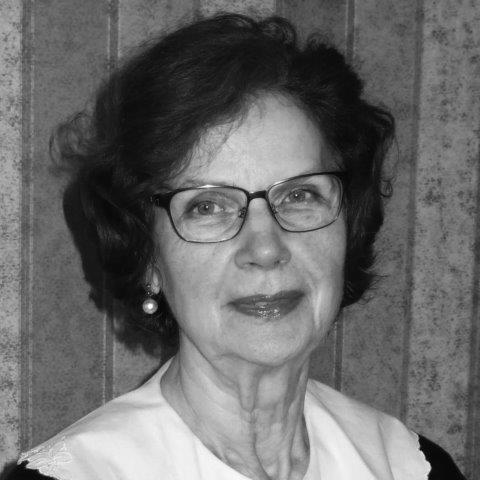
is a professor emeritus who has worked for many years as a clinical psychiatrist, researcher and lecturer (with professorships at the Karolinska Institute and the universities of Tallinn and Tartu) in the field of mental health, suicidology, social psychiatry, health behaviour and well-being. She is the author of more than 3,500 internationally cited research papers, a member of the International Academy of Suicide Research, and the founder and head of the Estonian-Swedish Mental Health and Suicidology Institute (ERSI).